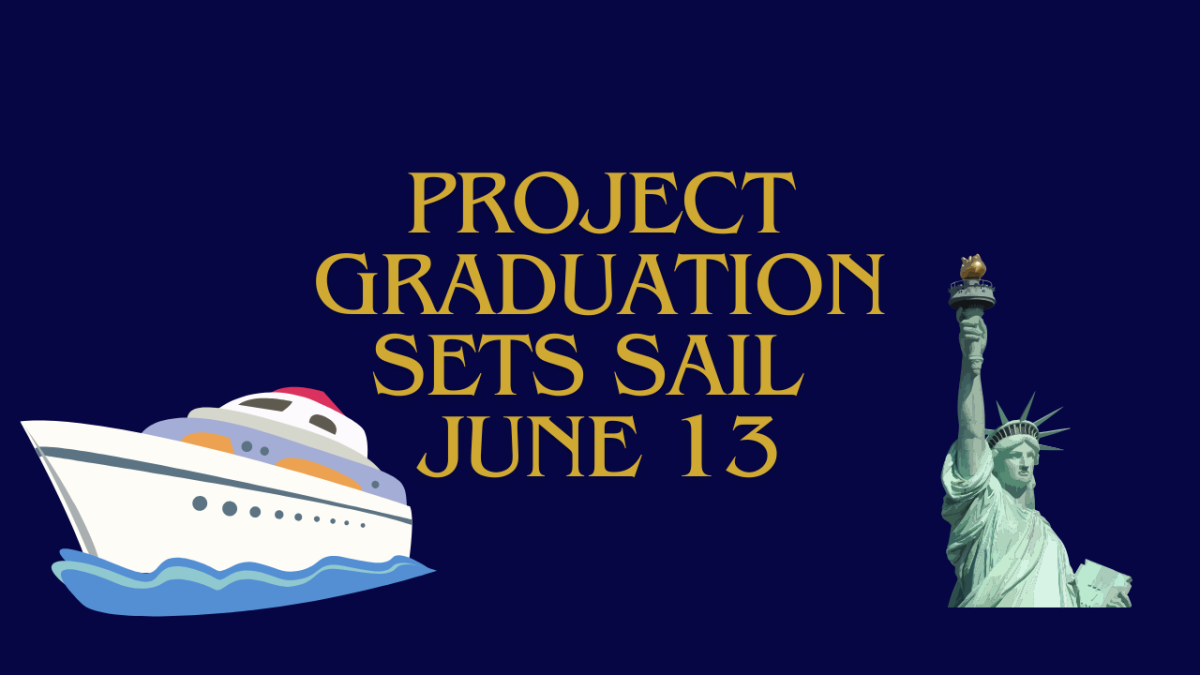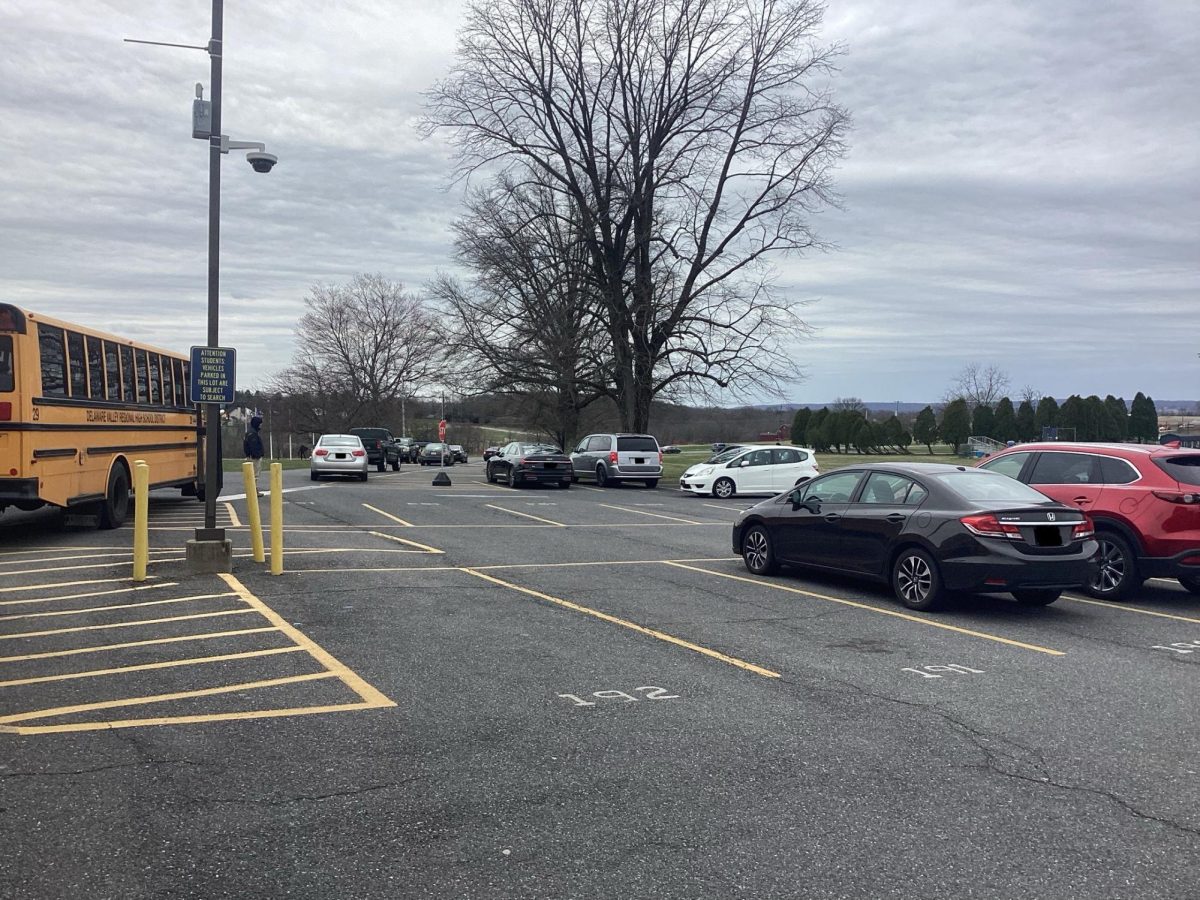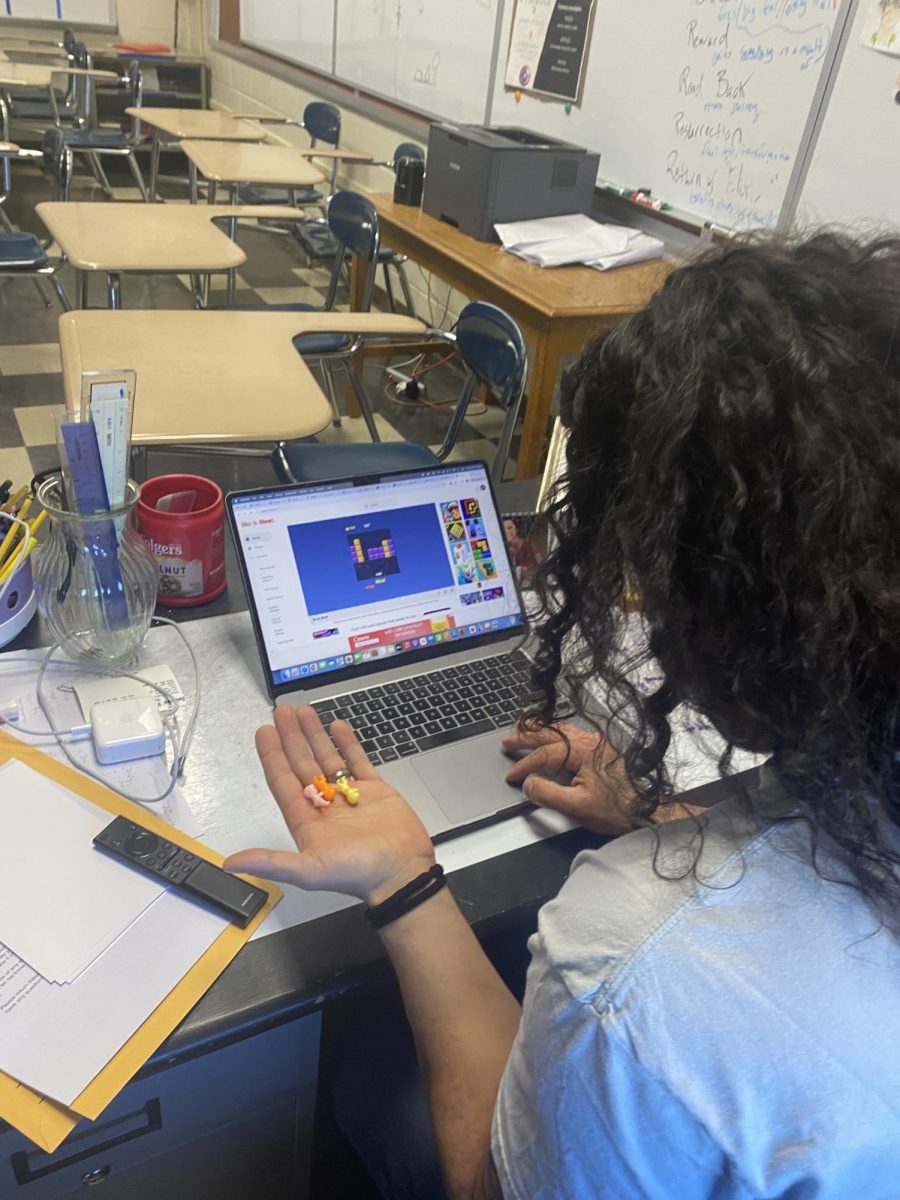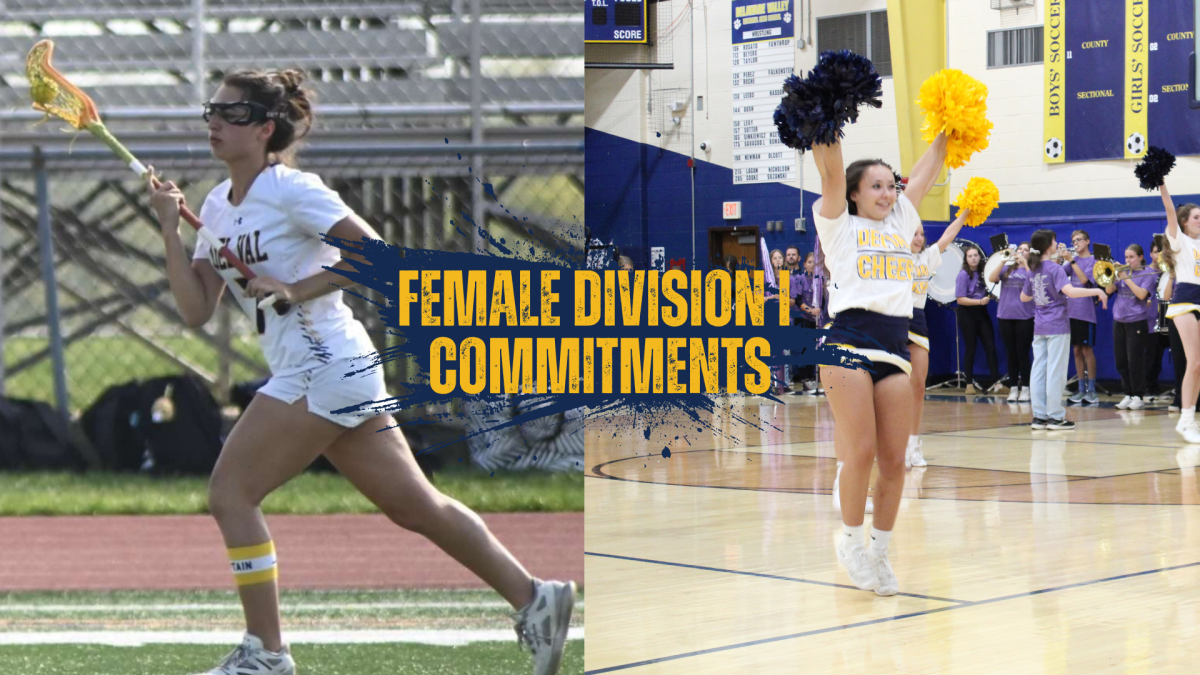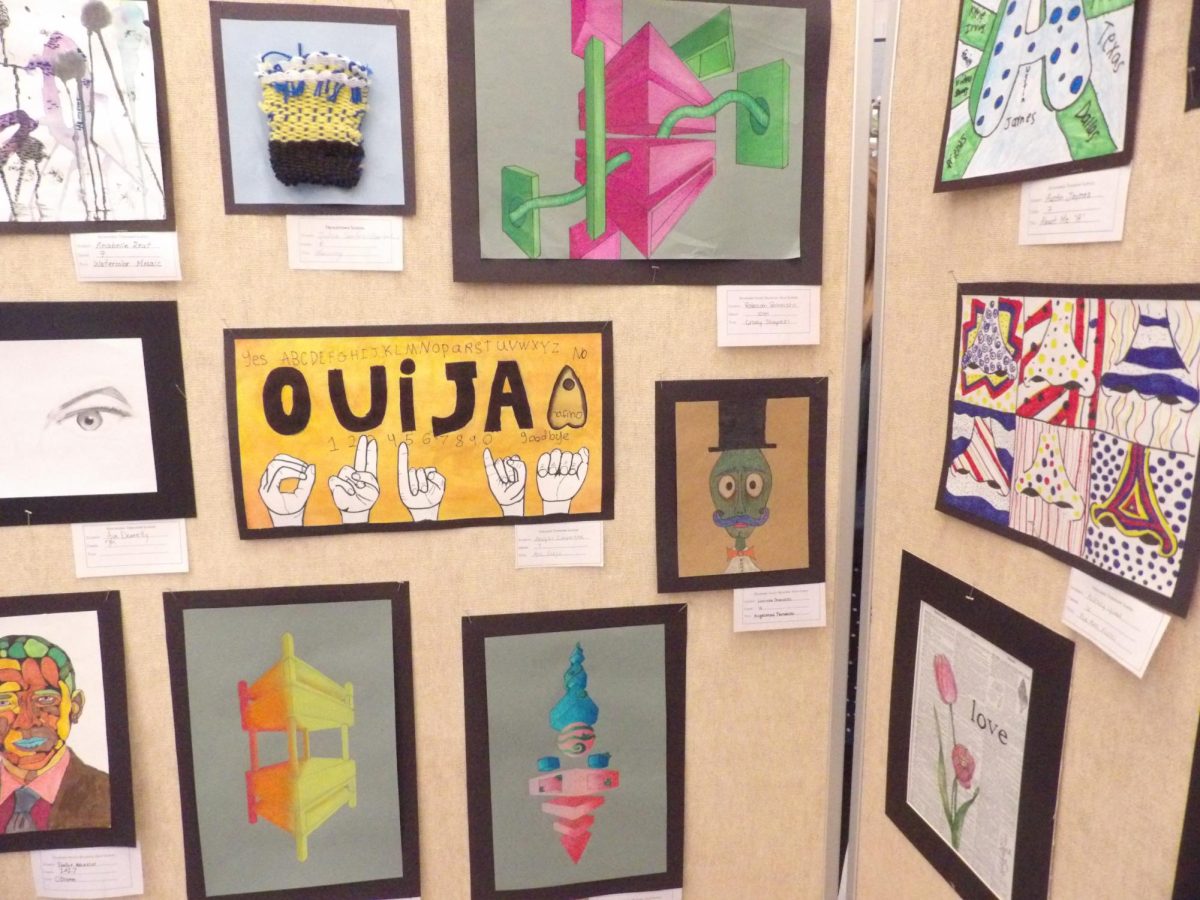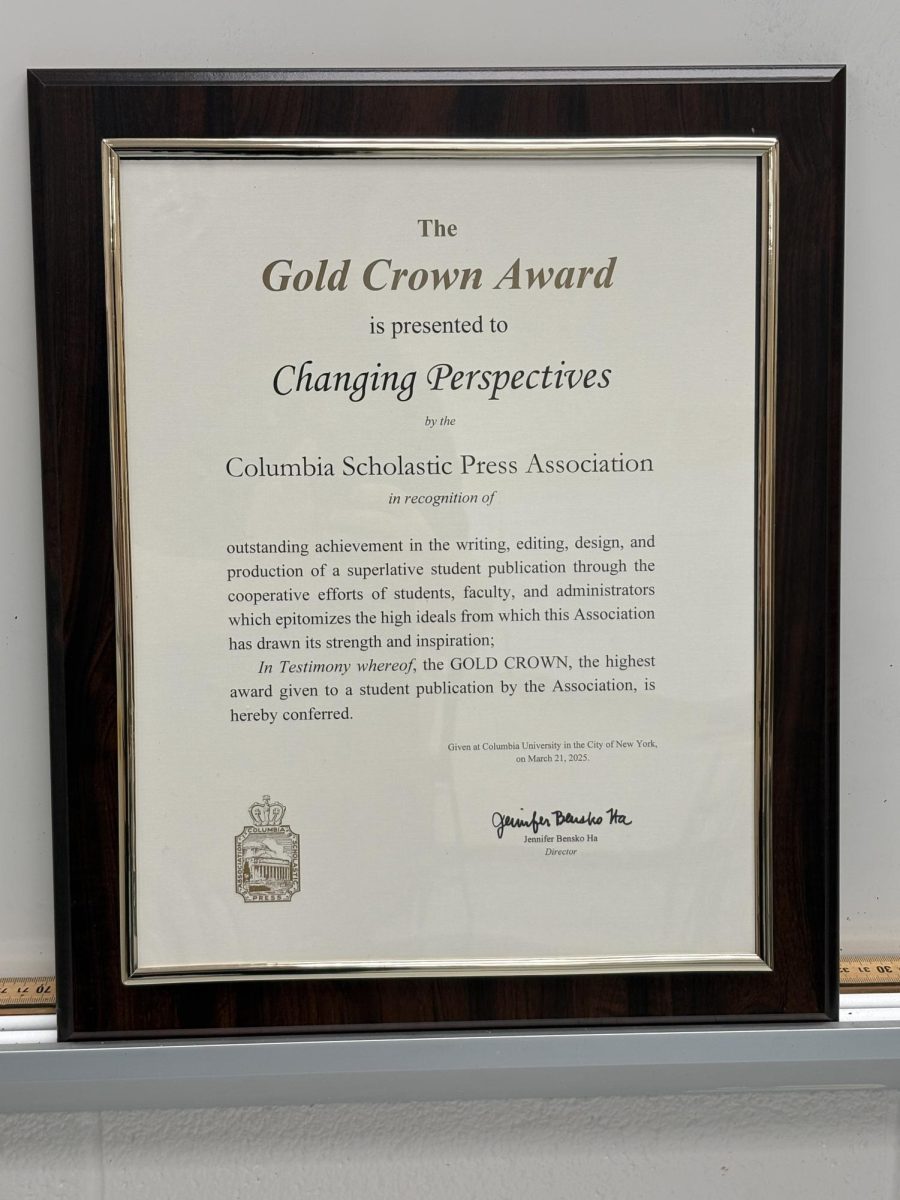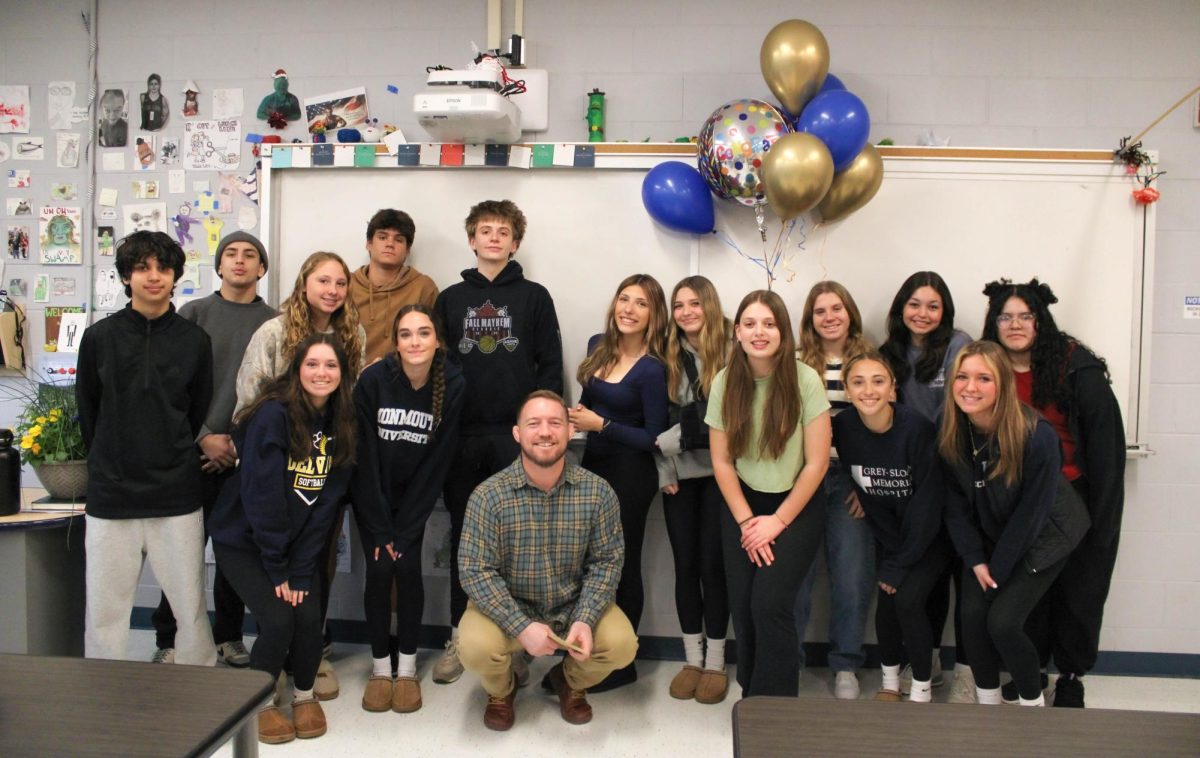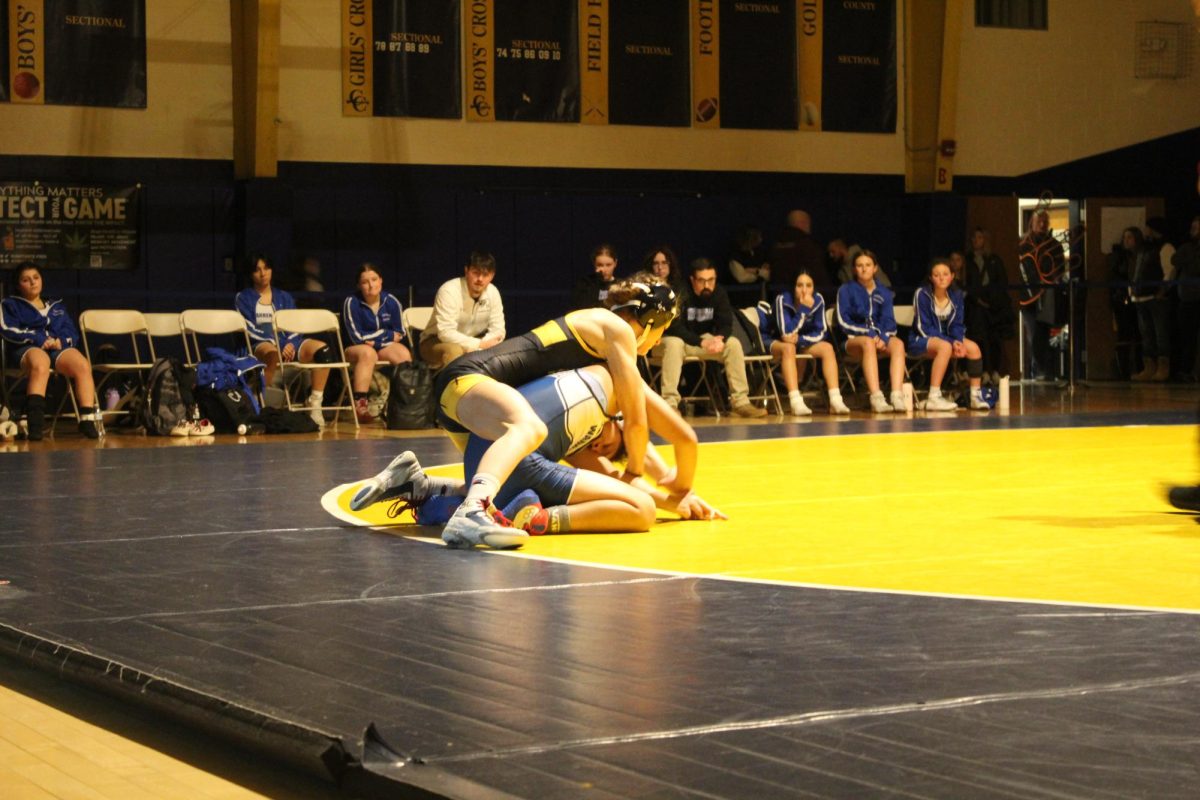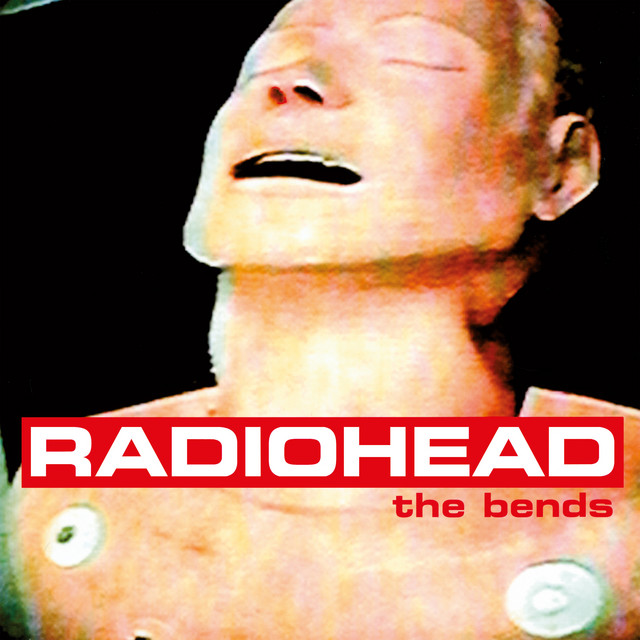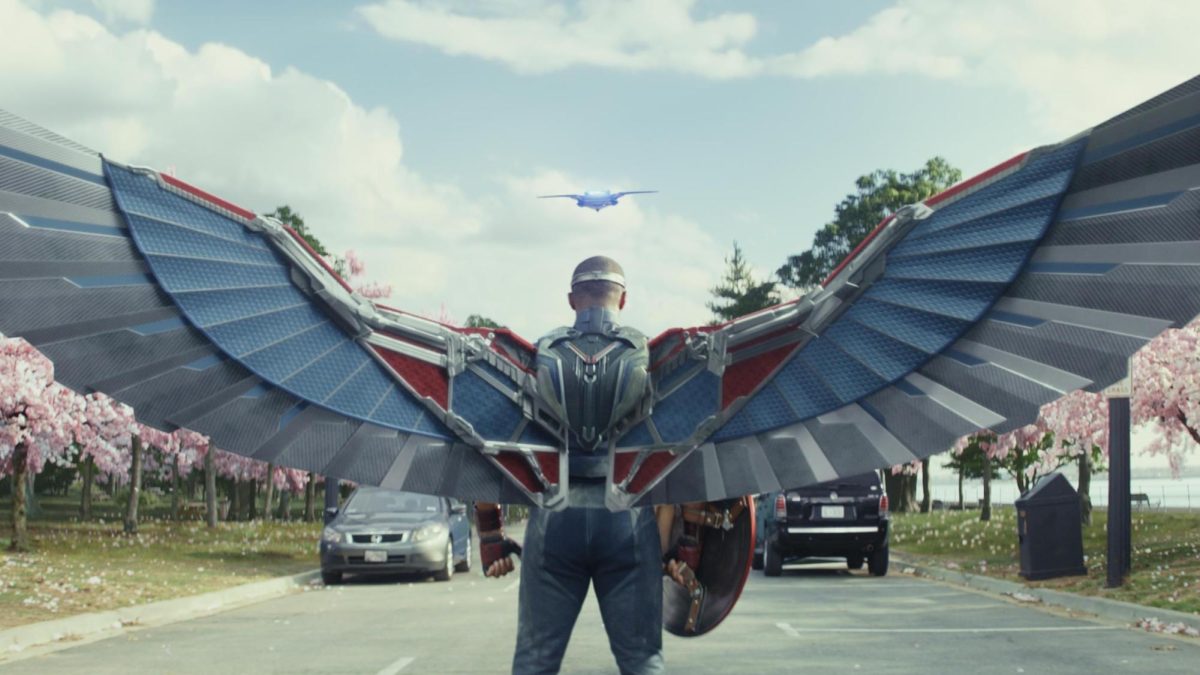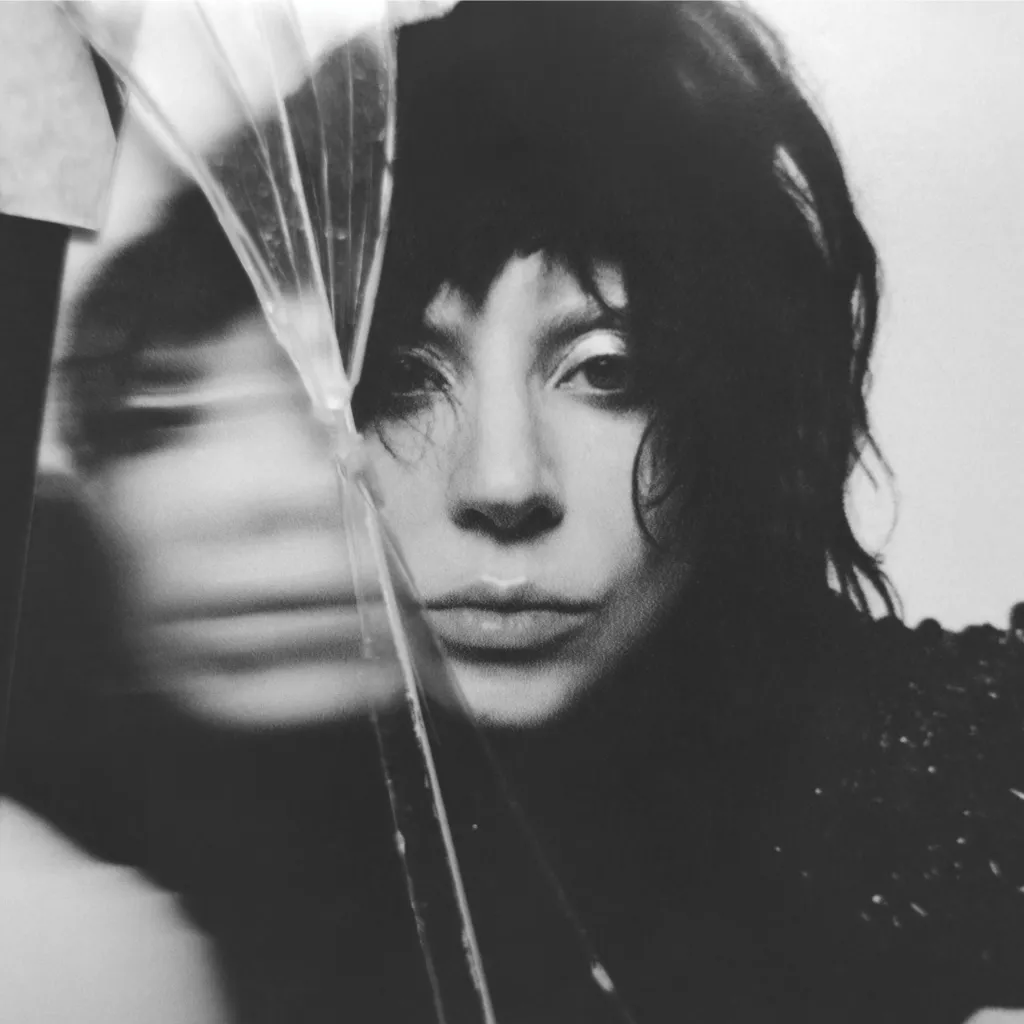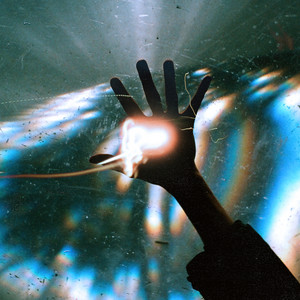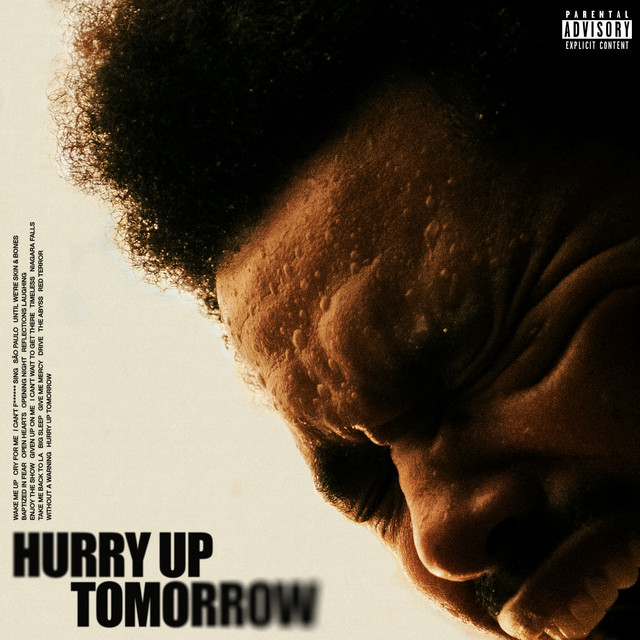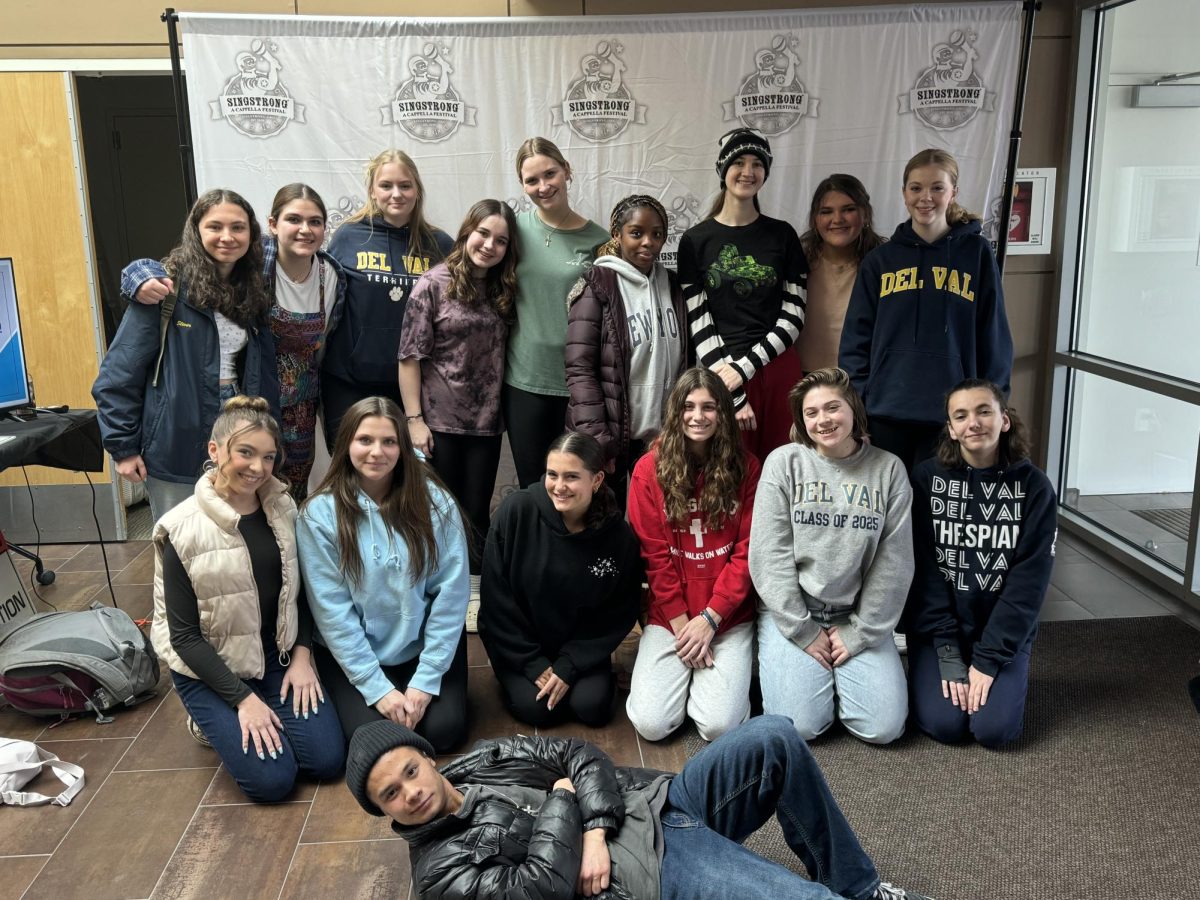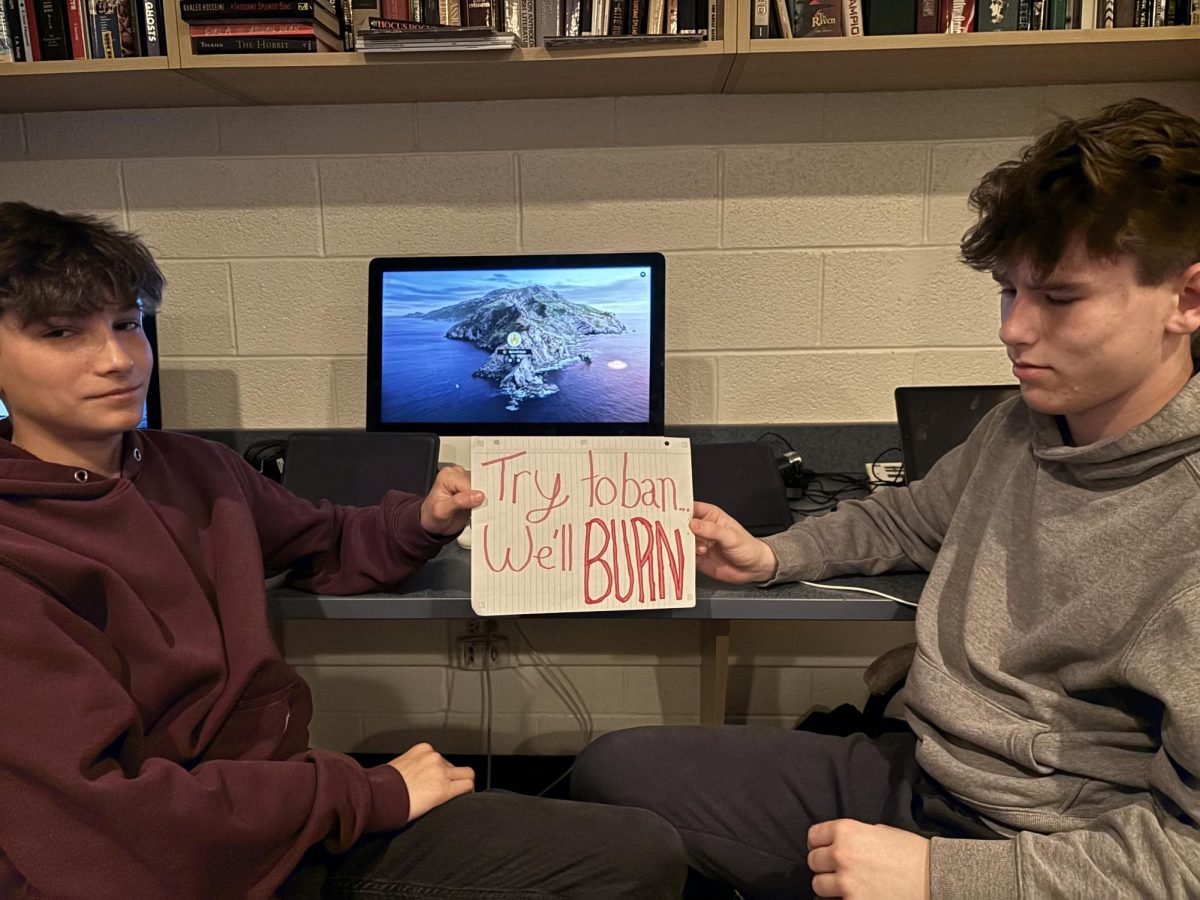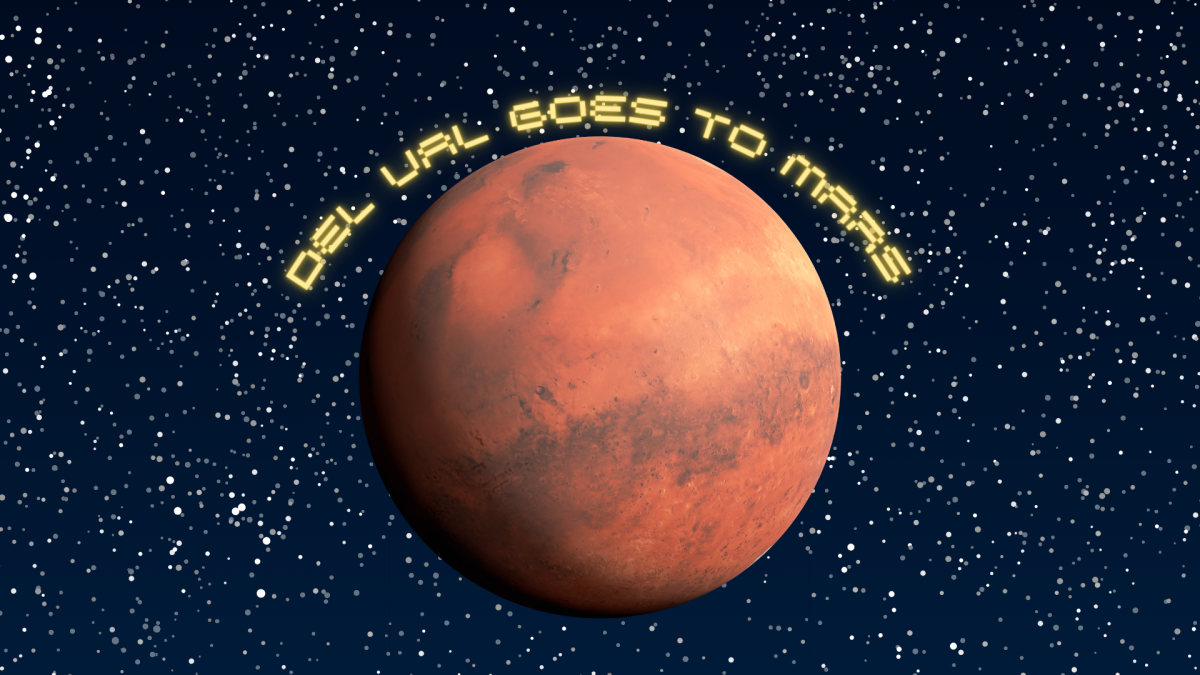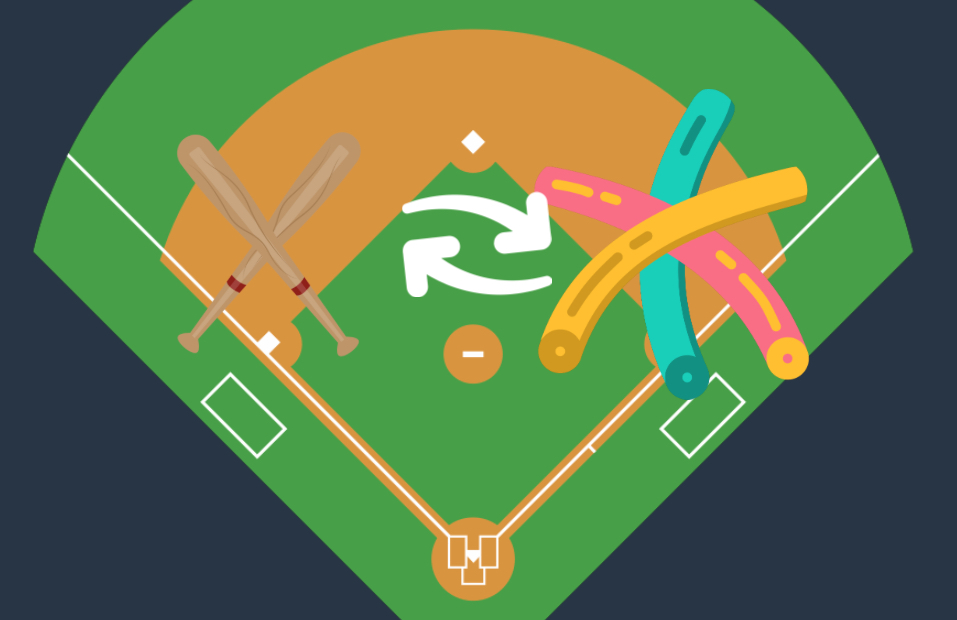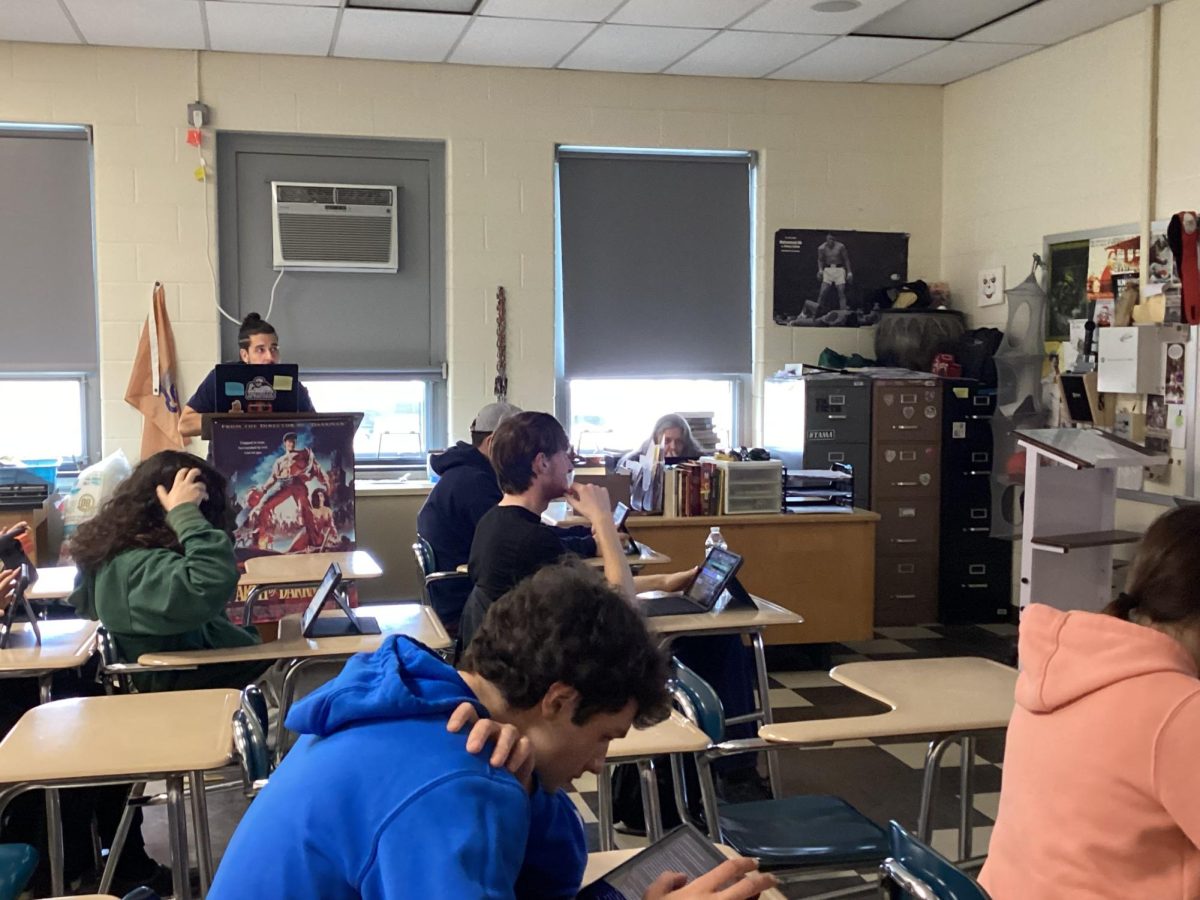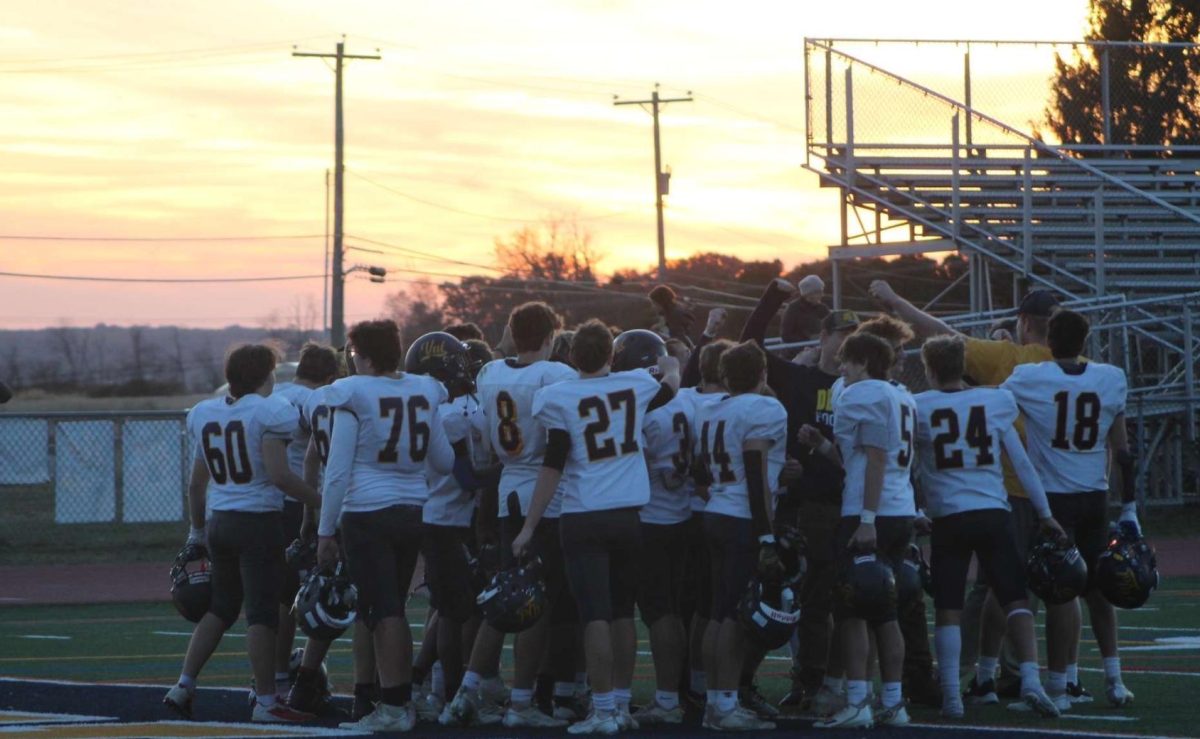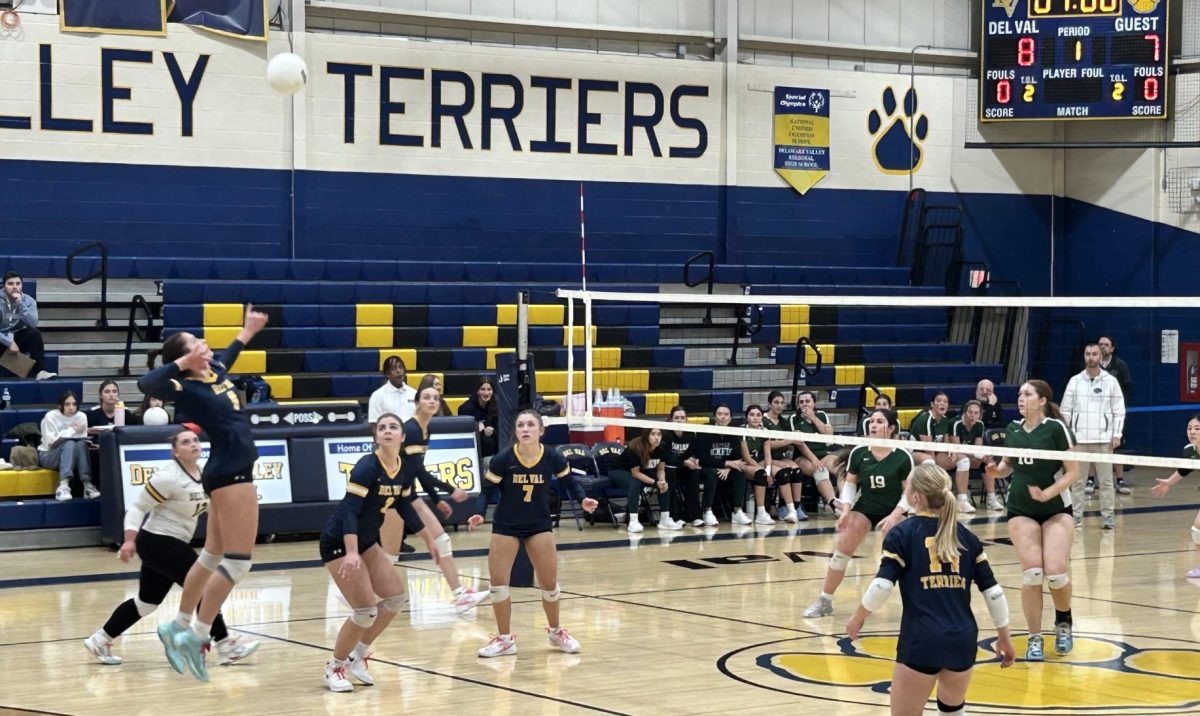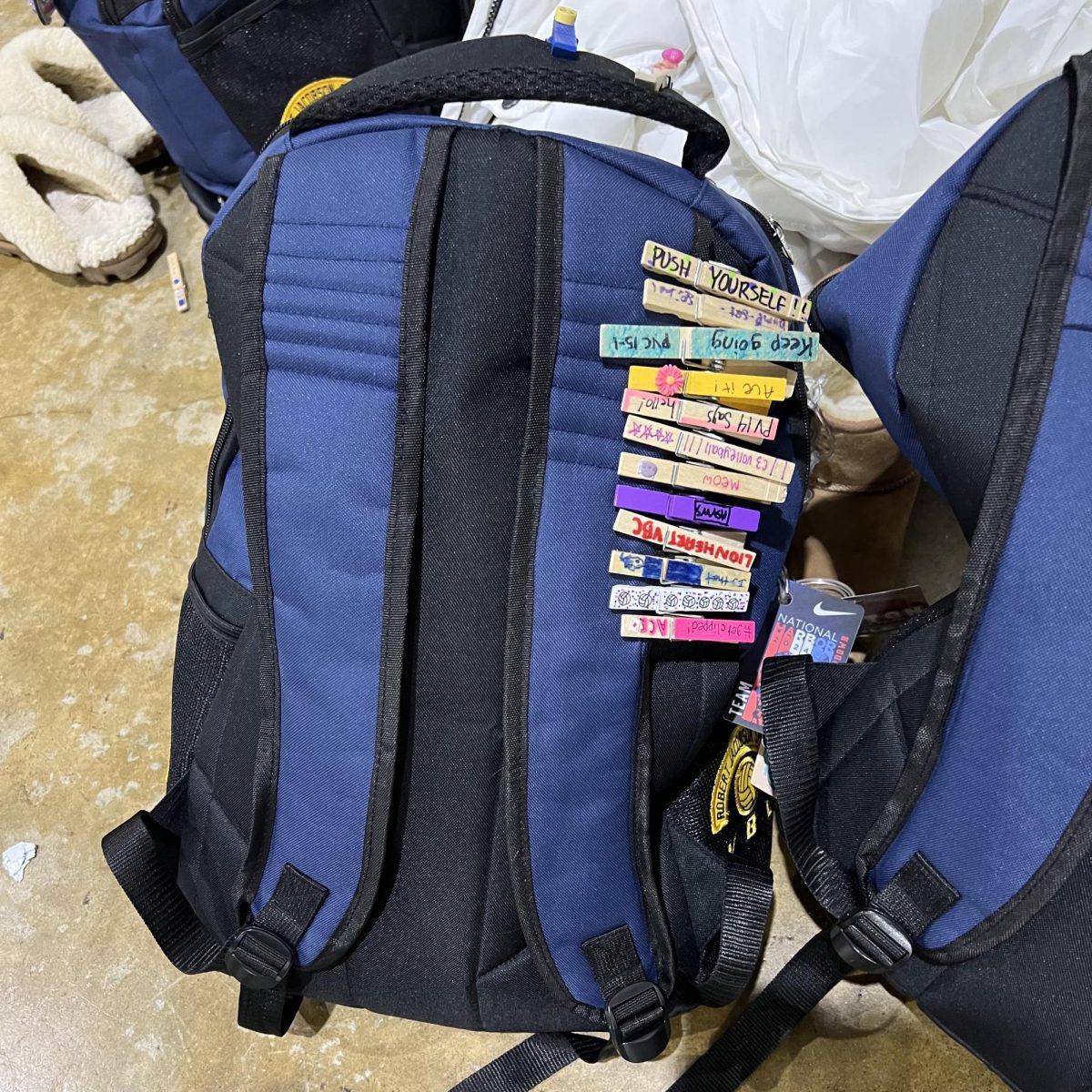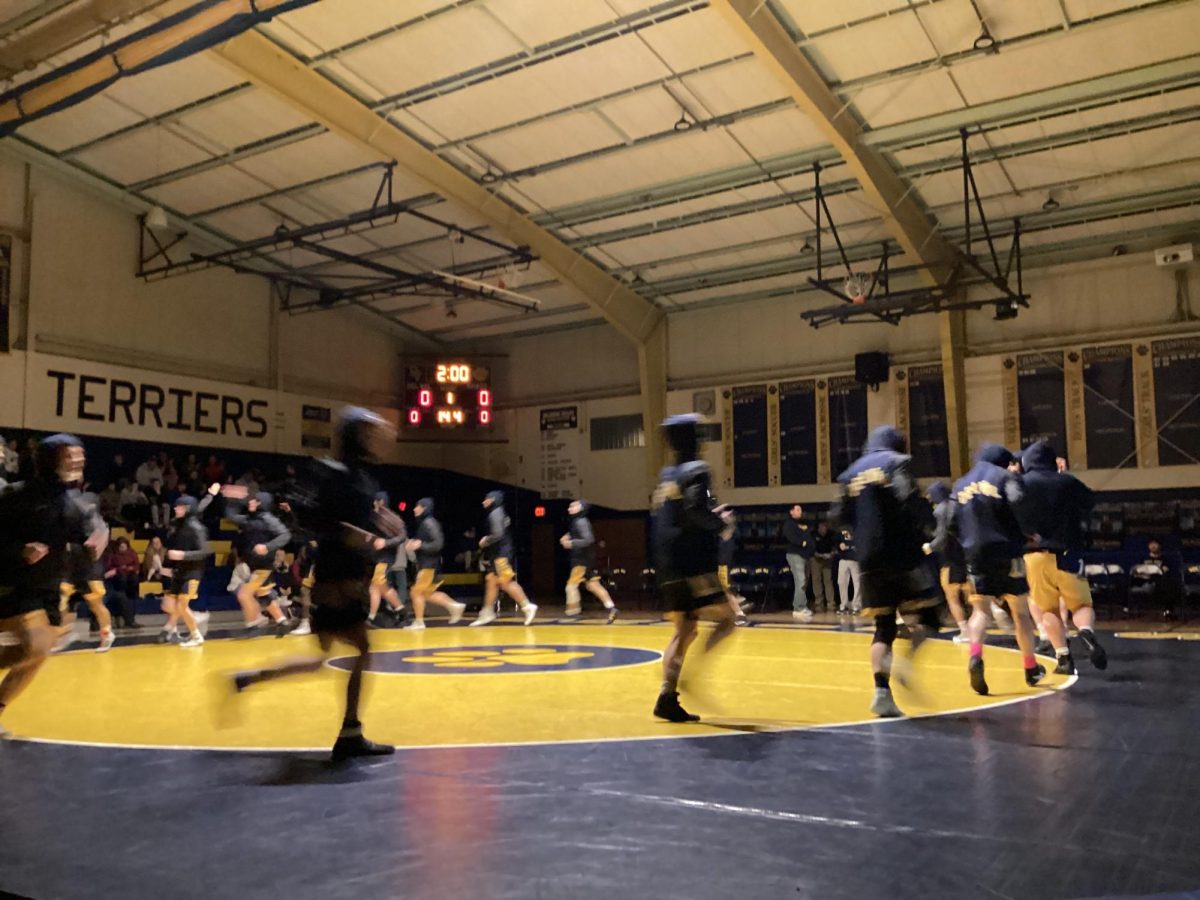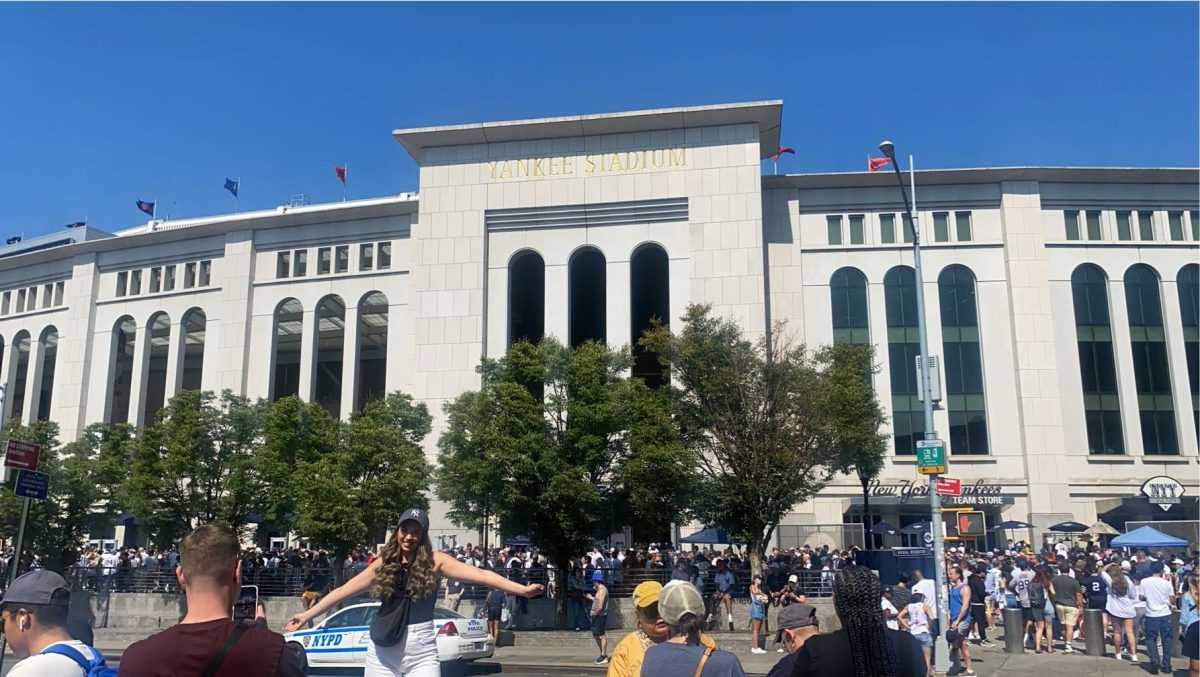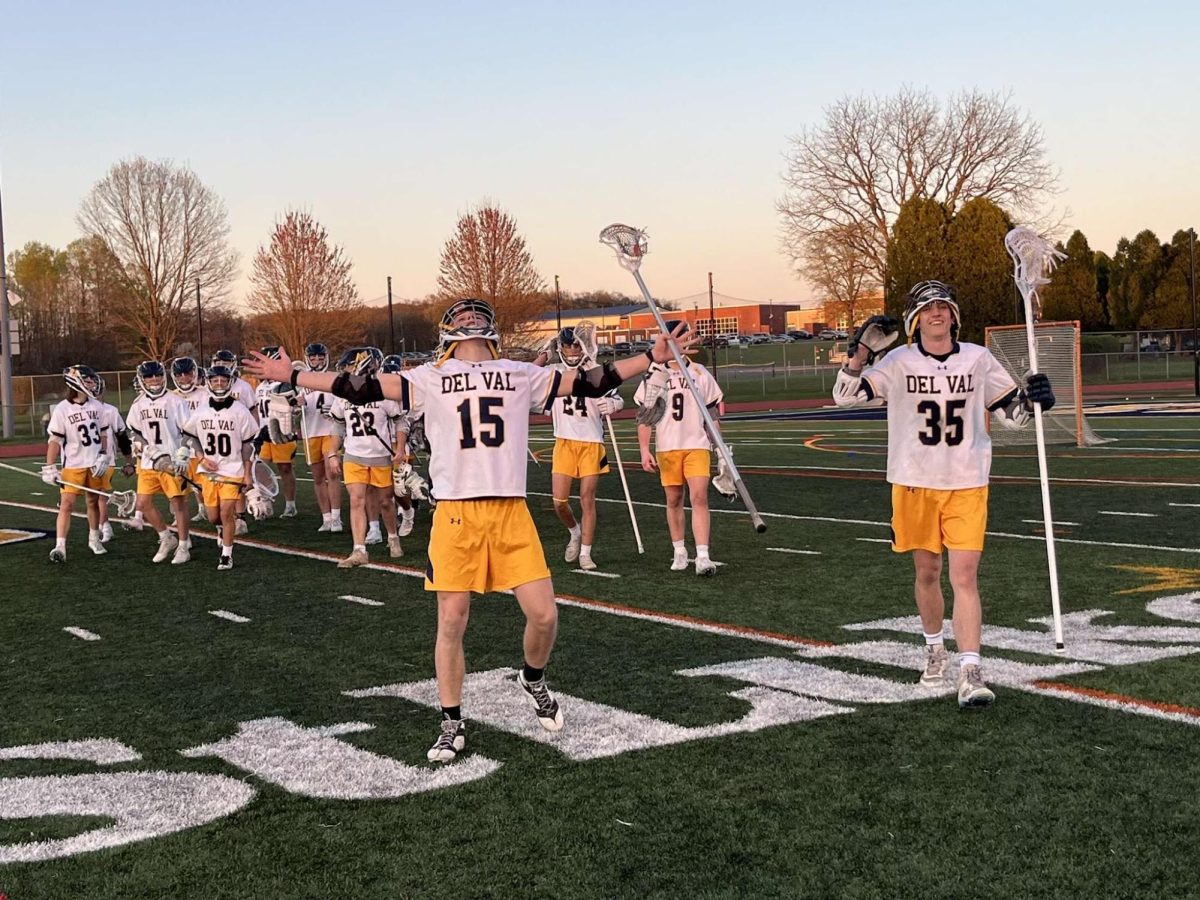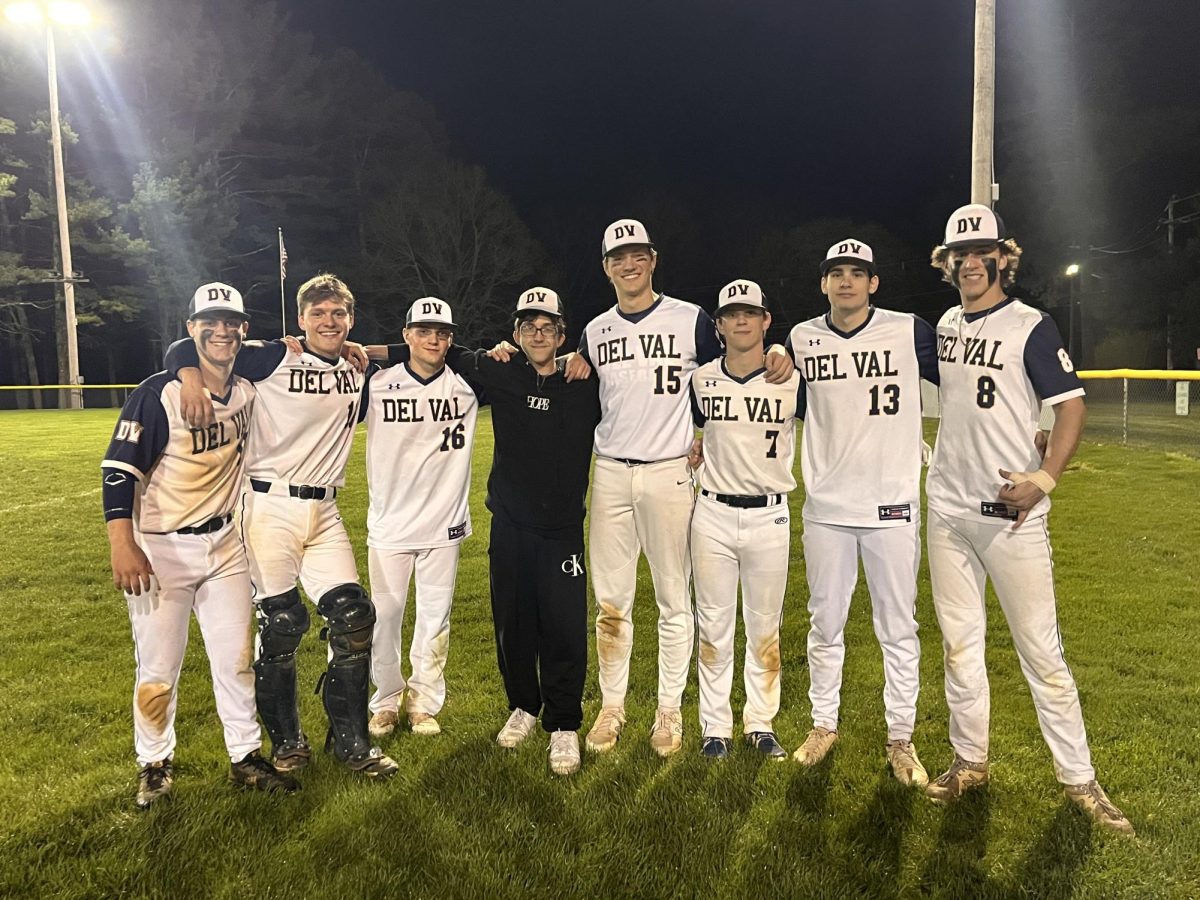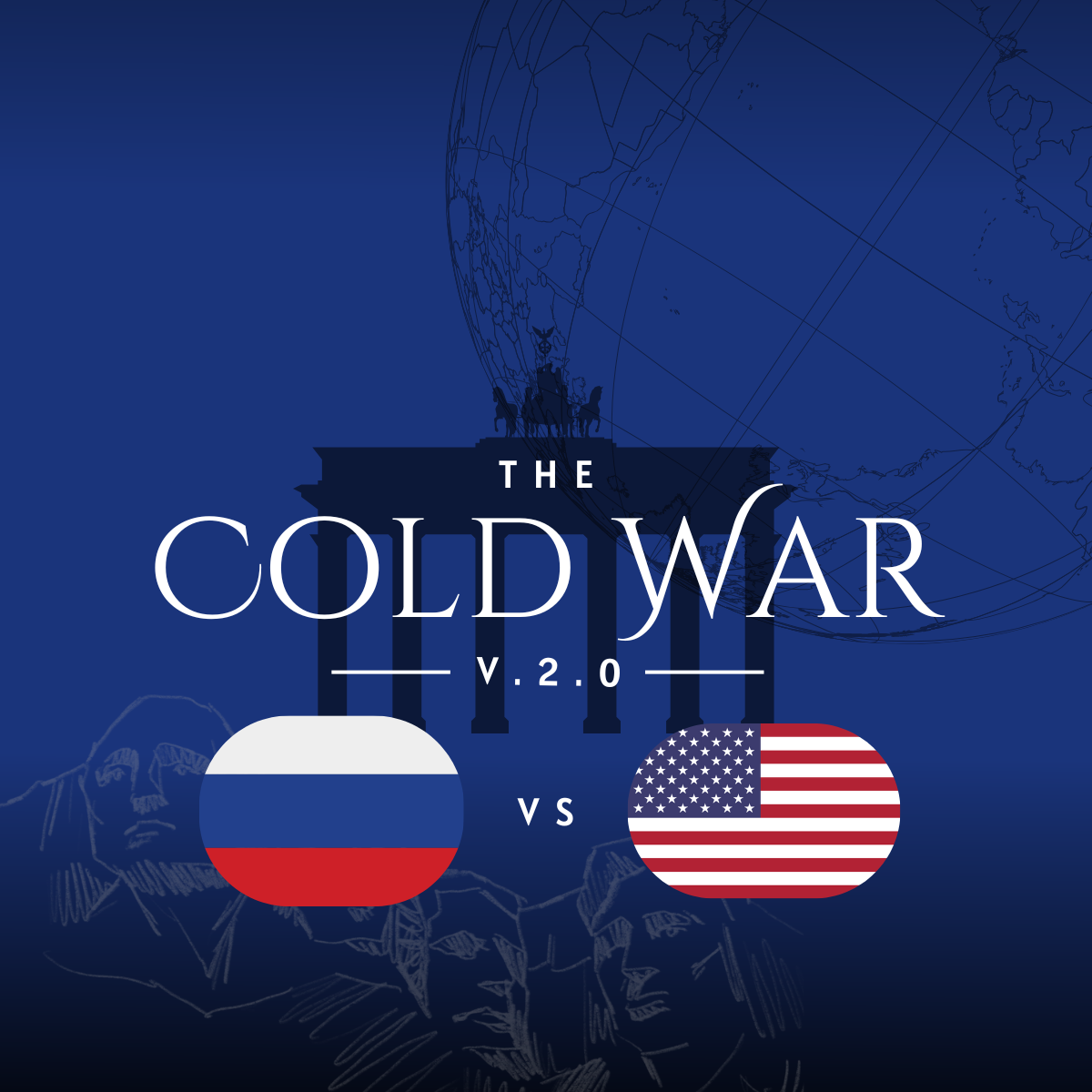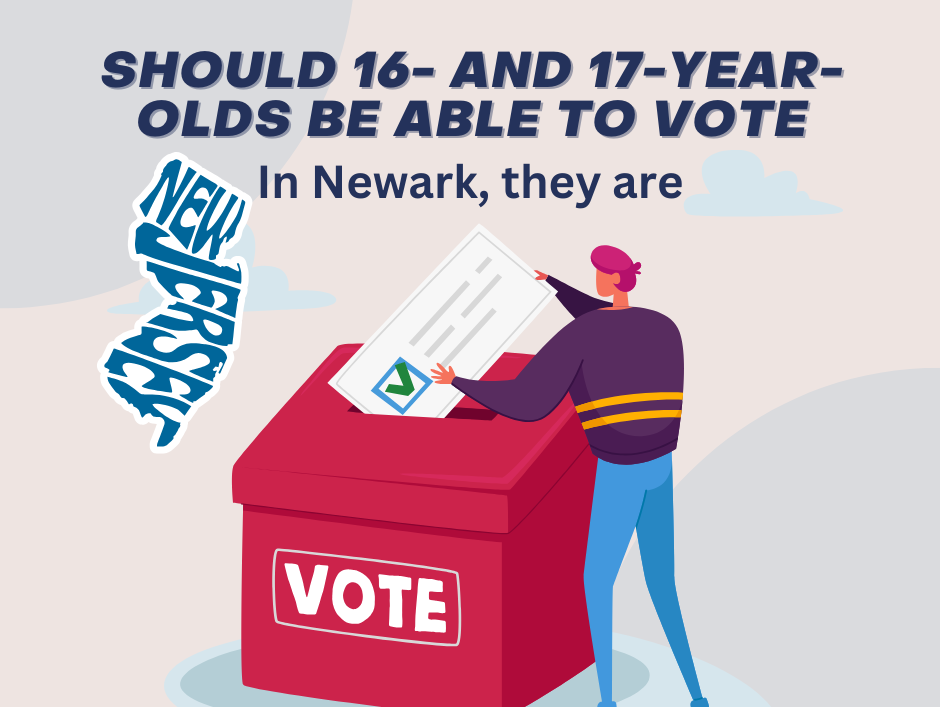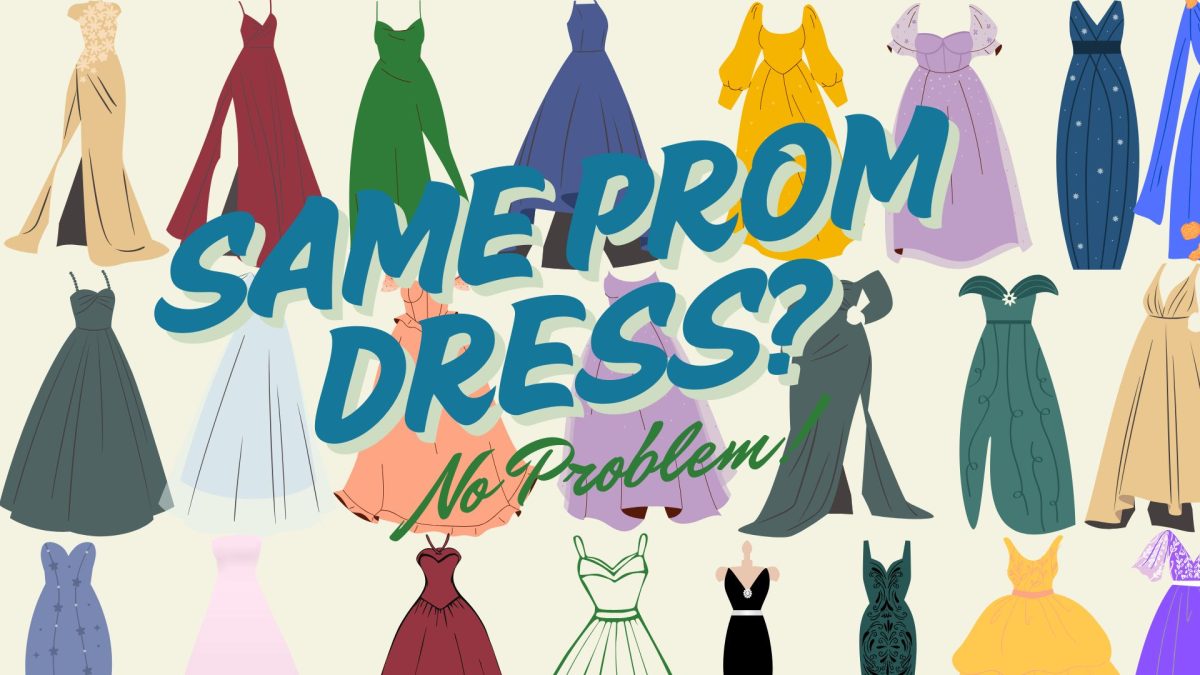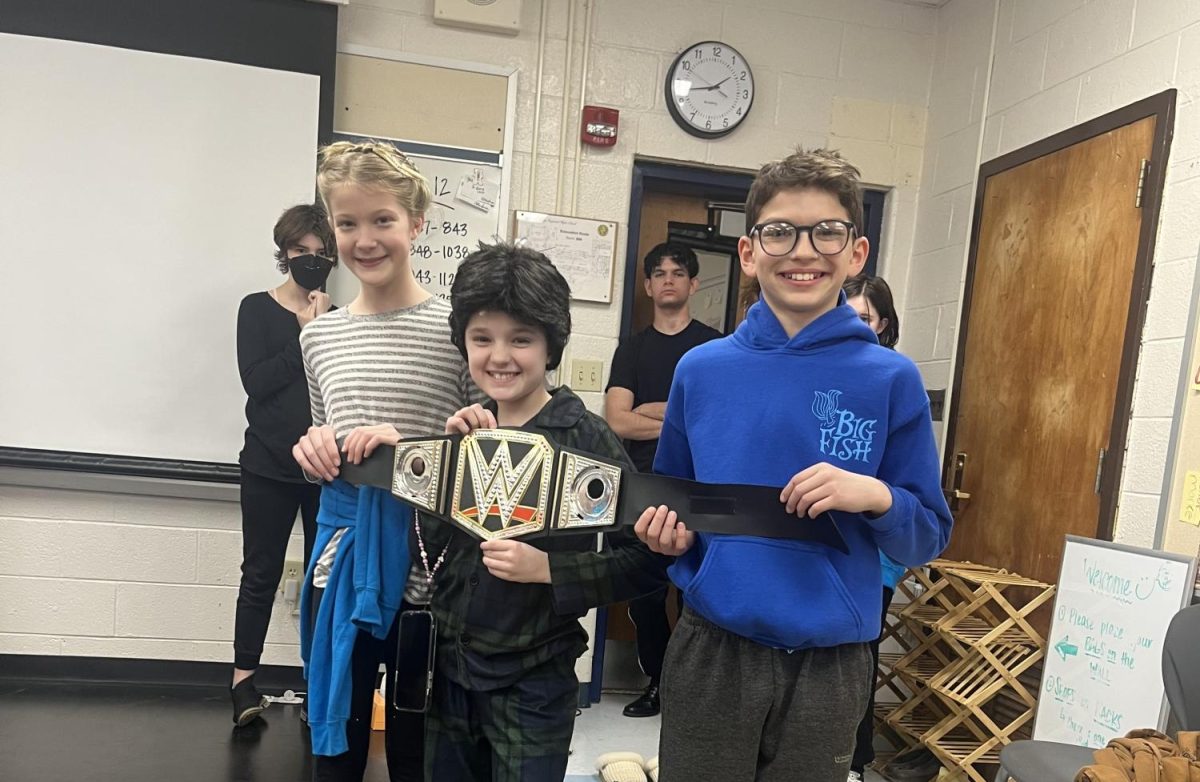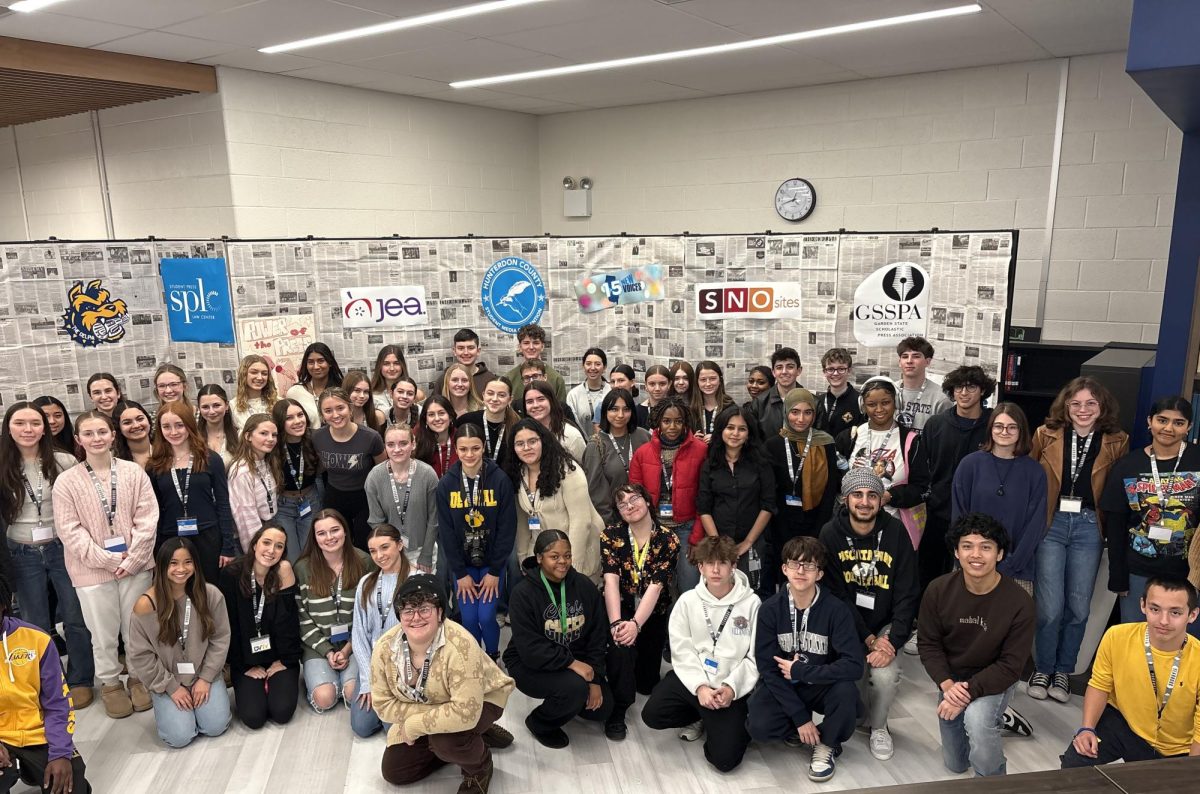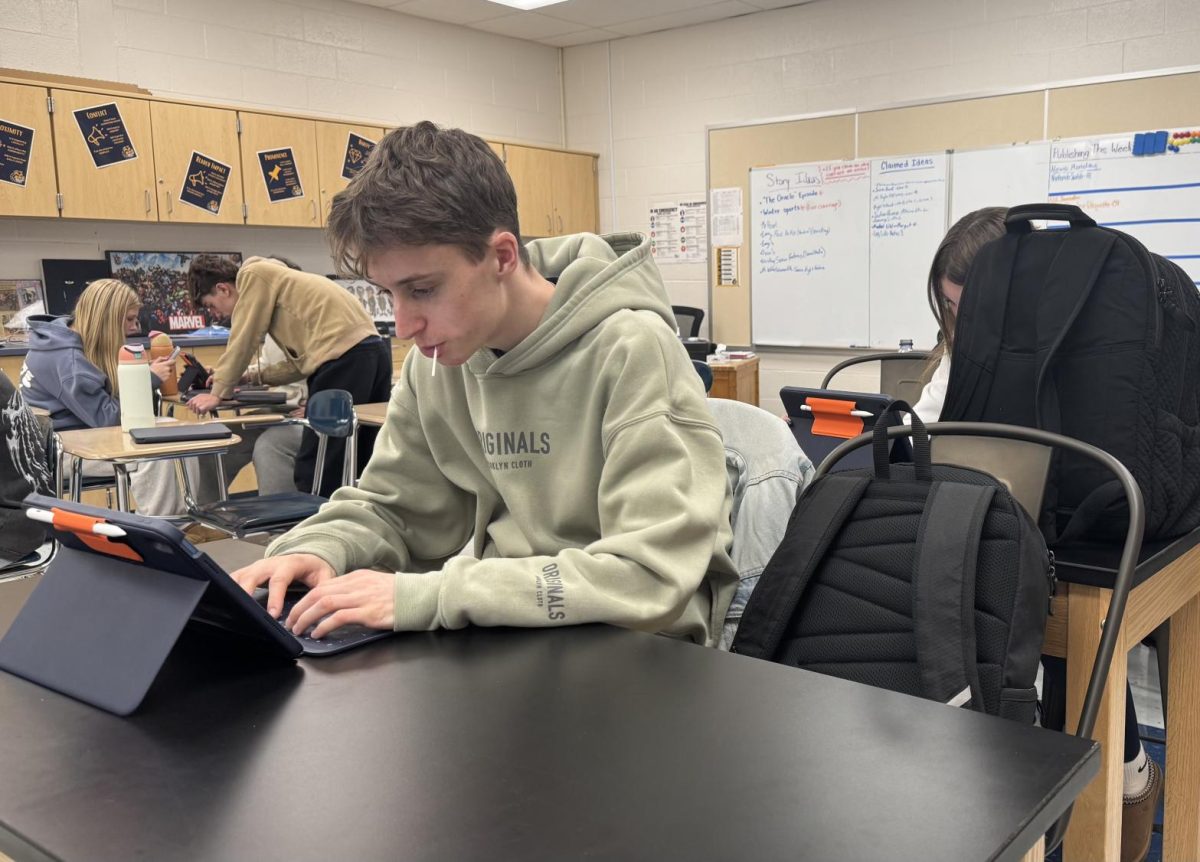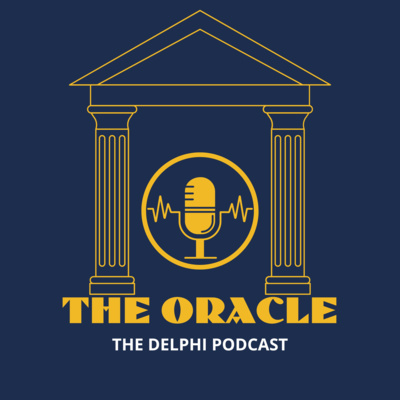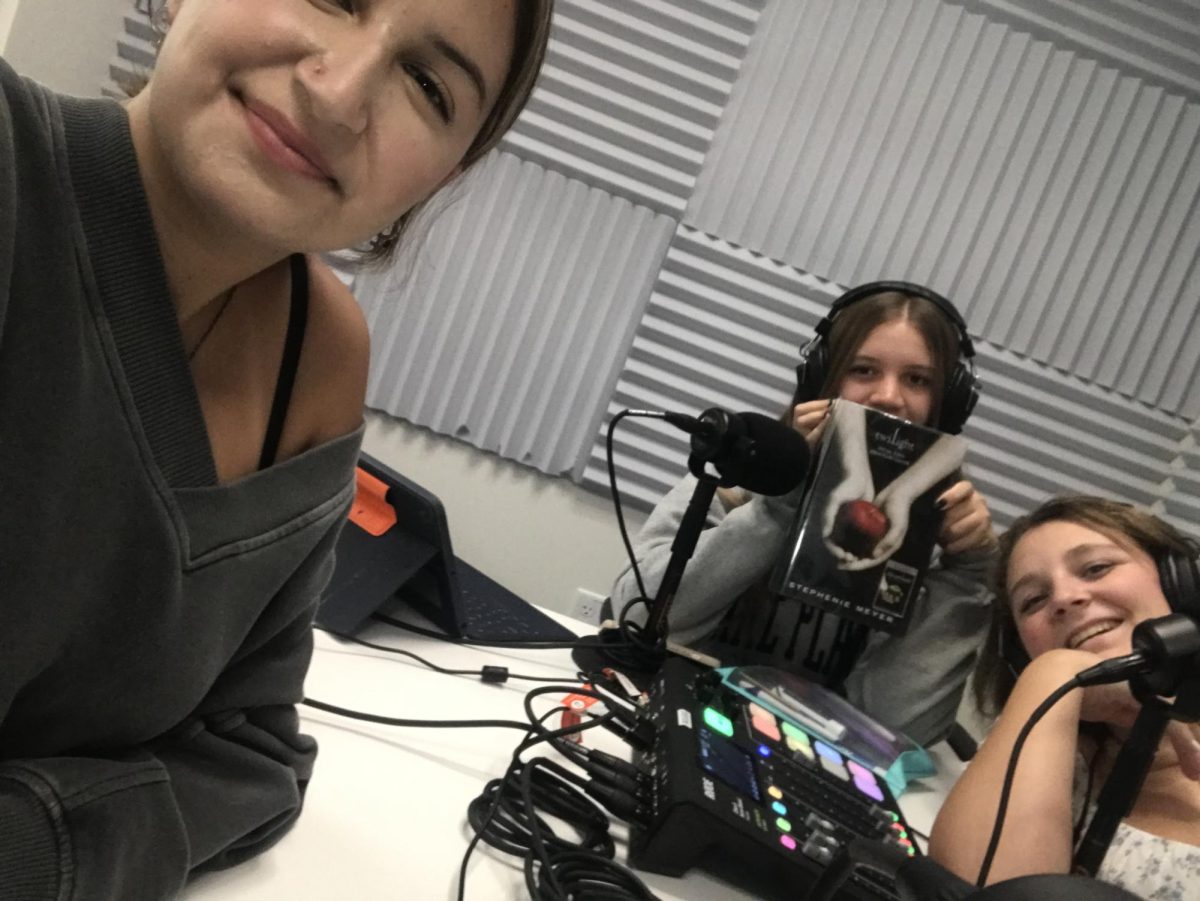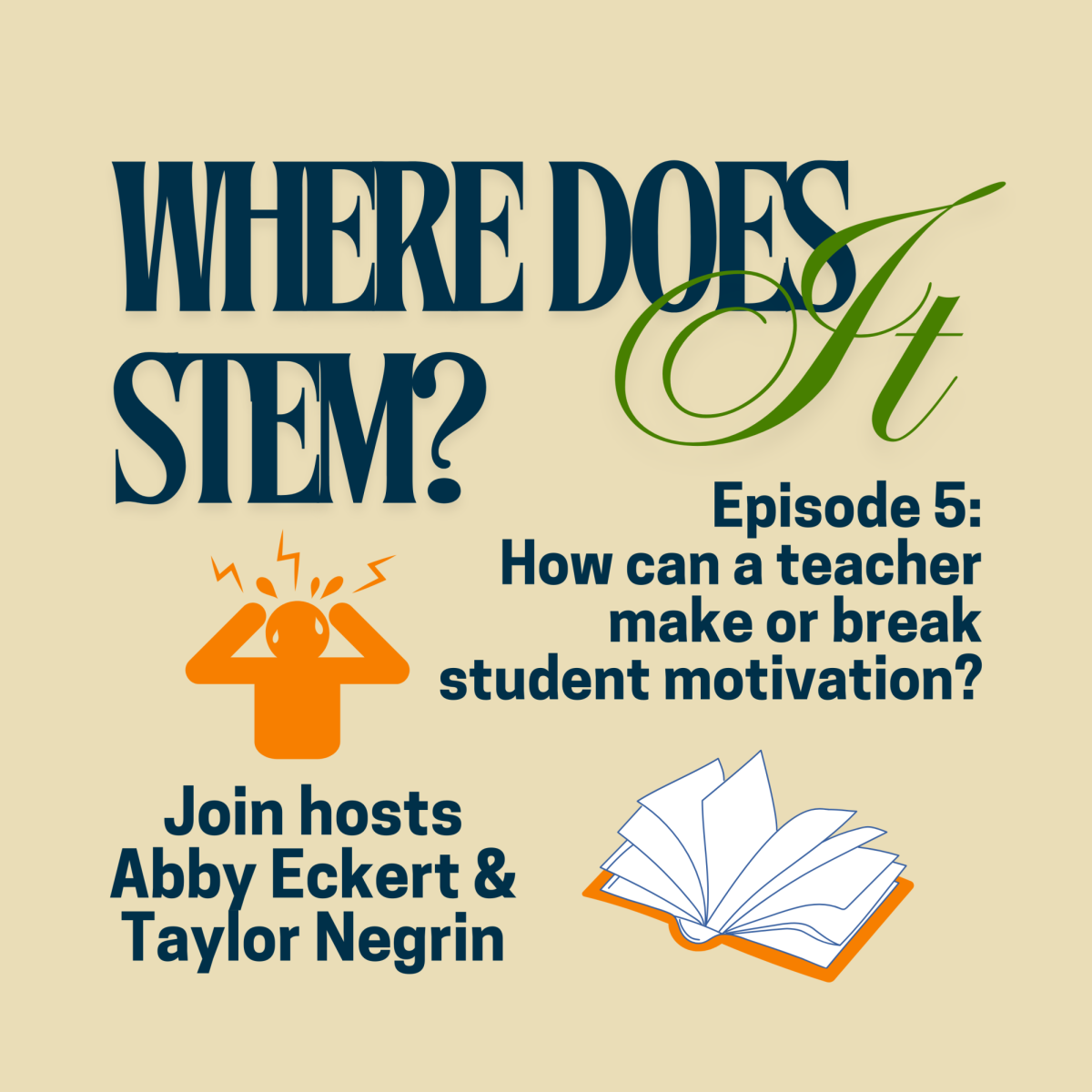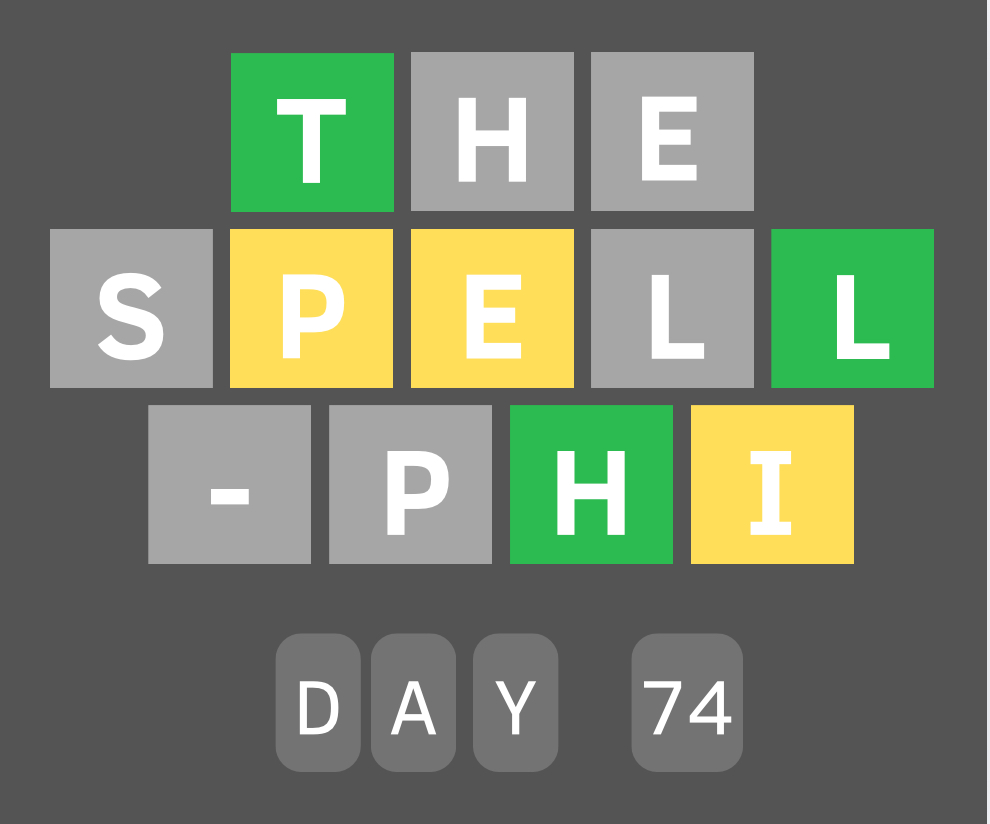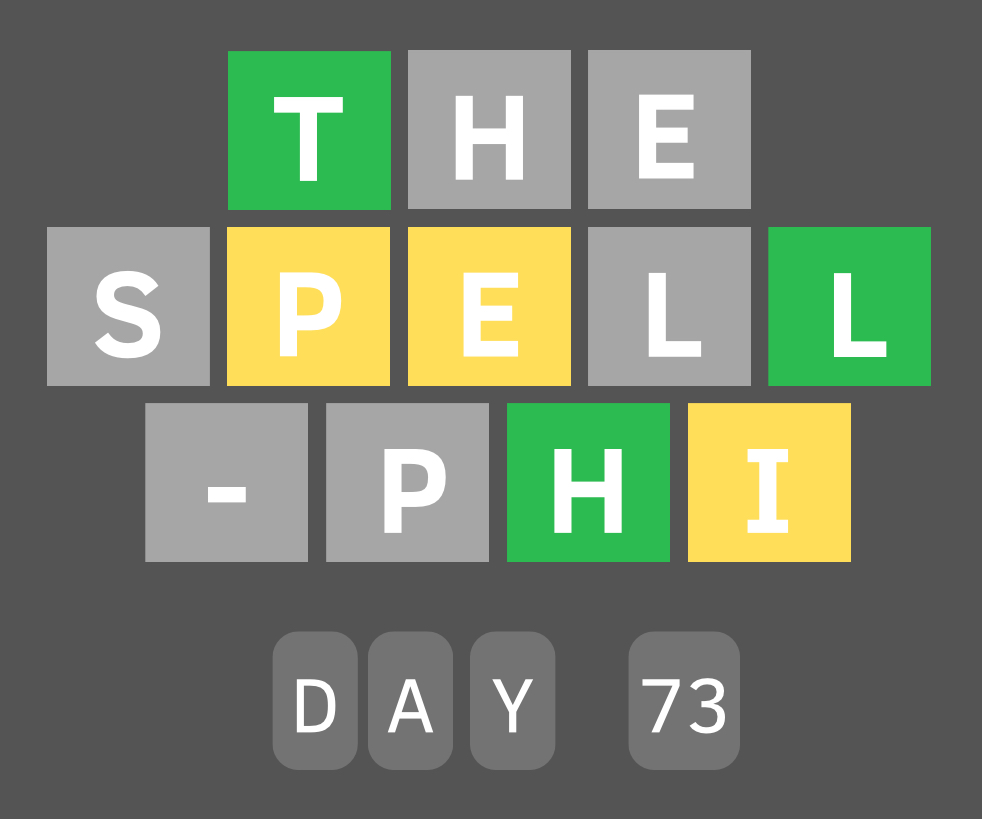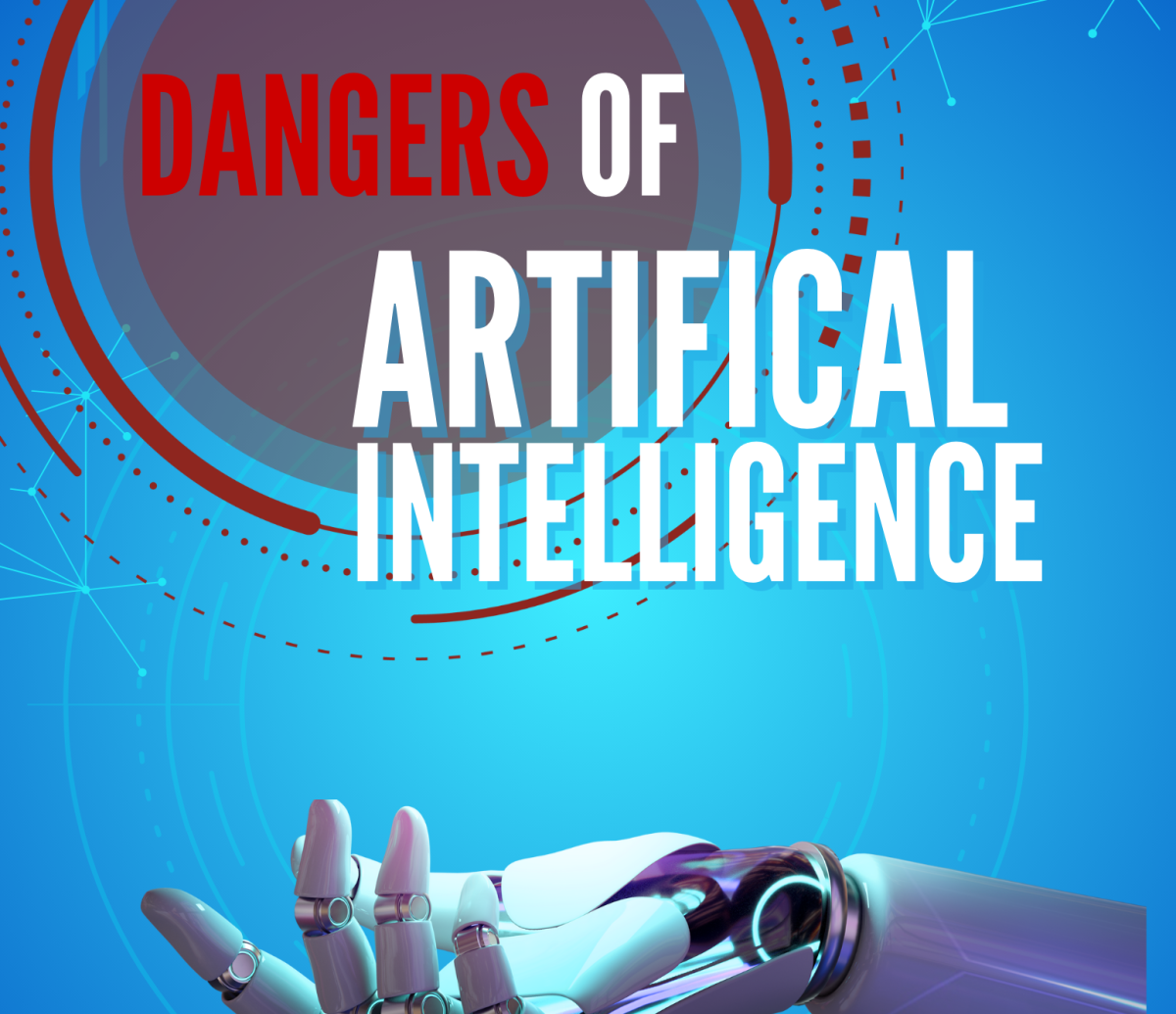In the past few years, the development of artificial intelligence has surged. To some people this may be exciting, but maybe they should be scared.
Artificial intelligence can be helpful, such as having a robot that’s around at all times to help with any task around the house or driving people anywhere they may need to go; however, people are overlooking how dangerous this technology can became.
For example, the new Tesla robot, Optimus, can walk the dog, clean the dishes and vacuum the house. It sounds like a human, which means it can impersonate one.
Optimus can express emotions in its voice. It uses hand motions while it talks and its overall flow of speech is similar to humans’. However, Optimus does not look human at all. It has a pitch black face with no facial features and a mostly white body. This still raises the question, what if you heard Optimus from over the phone. Could you tell the difference between Optimus and a real person?
AI isn’t limited to just humanoid robots. There are multiple programs, like ChatGPT, that can generate a response for just about anything it’s asked. It can help you with problems ranging from giving you a recipe for brownies to solving a complicated math problem.
These examples are not huge problems because the AI is helping people out and not harming anyone. However, there are AI programs that are more powerful. Some are able to write songs and impersonate artists’ voices. This creation can then be published and allow someone else to make a profit, while the artist being impersonated gets nothing.
Many artists dislike that a random person can tell an AI generator to write a song and use their voices to make money. When people make songs, it’s to express their feelings or to connect with their audience. When AI makes songs, there are no feelings being expressed and no connection being made with the listeners.
The dangers of AI have also been represented through numerous movies such as “The Terminator” and “I, Robot.”
In “The Terminator” saga, robots become self-aware and decide they want to take over the world. In “I, Robot,” androids are made to serve humans but become self-aware and gain free will.
Both of these examples are fictional movies, but they still present realistic scenarios. One day, AI could reach a level of intelligence where it doesn’t need humans to help it upgrade software. As AI gets smarter every day, it could end up becoming a problem that humanity isn’t able to control.
Junior Norbert Hirst expressed concern for the future of AI and how advanced it could become.
“There is a fine line, and it comes to a point where if AI is left unchecked, it could completely replace human creativity with its own lifeless ideas,” Hirst said.
If AI becomes “free” and they decide they don’t need or want humans around anymore just like in the movies, mankind will have to fight against things that don’t get tired, don’t make mistakes and don’t feel pain. That is a war humans can’t win.


